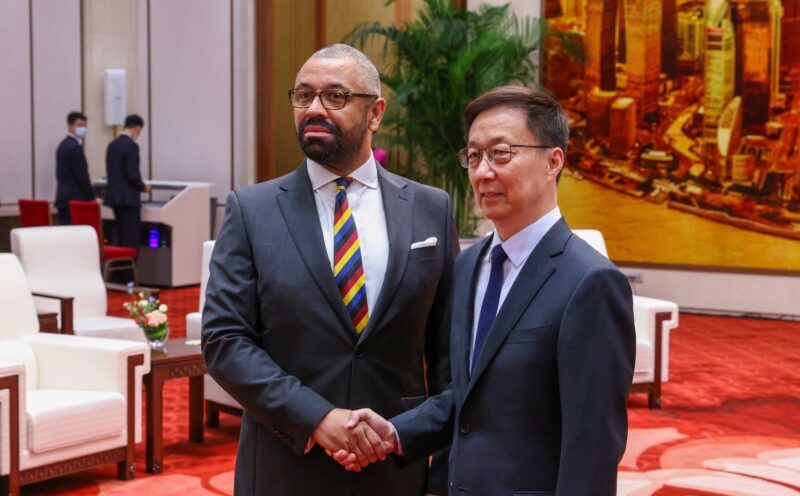In an effort to promote “age-appropriate marriage and childbearing,” officials in Changshan County of China’s eastern Zhejiang province have rolled out a financial incentive for newlyweds. Couples tying the knot for the first time will be eligible for a cash reward of 1,000 RMB (137 USD), provided the bride is 25 years of age or younger.
This policy comes as Chinese officials at various government levels grapple with a declining birthrate and a demographic shift that threatens to significantly age the population. Efforts to reverse these trends have included policies such as abolishing the “one-child policy” in place from the late 1970s until 2016, and allowing couples to have up to three children since 2021. Despite these efforts, China’s fertility rate hit a record low of 1.09 last year, according to the China Population and Development Research Center.
Alongside the cash reward for young brides, Changshan County also announced additional subsidies aimed at aiding parents with child care, education, and fertility. These moves come as the country saw its lowest number of marriages since 1986, with only 6.83 million couples registered for marriage as of 2022. In addition, the average age of first marriage in China has been gradually increasing, reaching over 29 for men and 28 for women as of the 2020 national census.
However, the policy has attracted criticism on social media platforms like Weibo, where users have called the cash reward “ineffective” in light of the high costs associated with raising a child in China. Critics also say the policy discriminates against women by only setting an age requirement for brides and not grooms.
“Why is it limited to women under 25? Promoting early marriage and early childbirth should be the same for both genders, right?” one indignant user wrote on Weibo.
All in all, these criticisms underline the challenges the Chinese government faces in addressing its demographic issues, as younger generations cite economic pressures, long working hours, and limited childcare options, all of which influence their decision to delay or forgo marriage and childbearing altogether.









